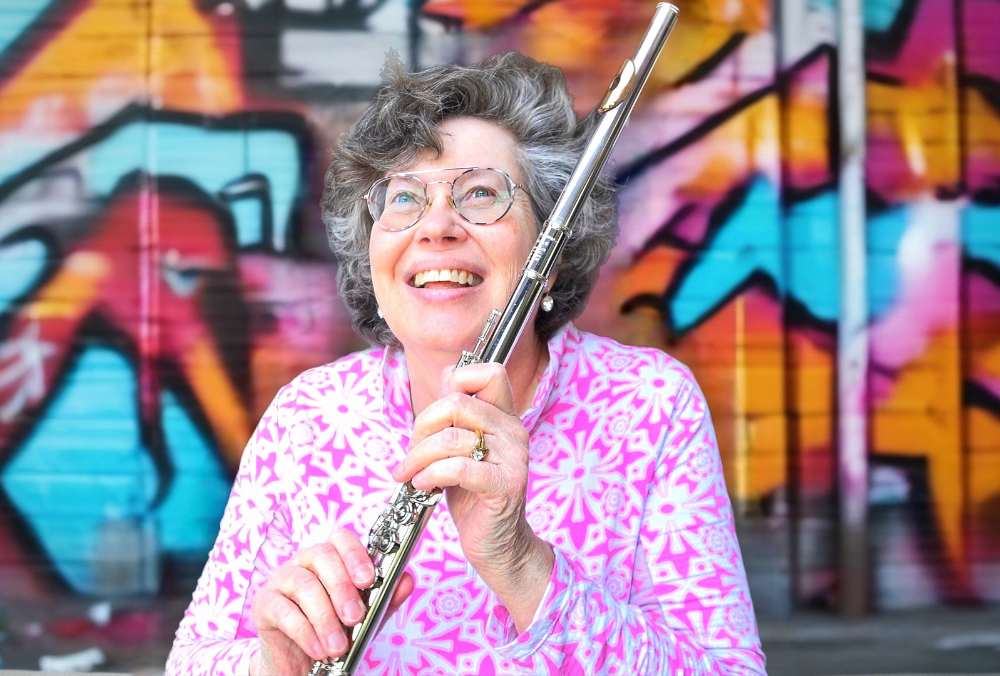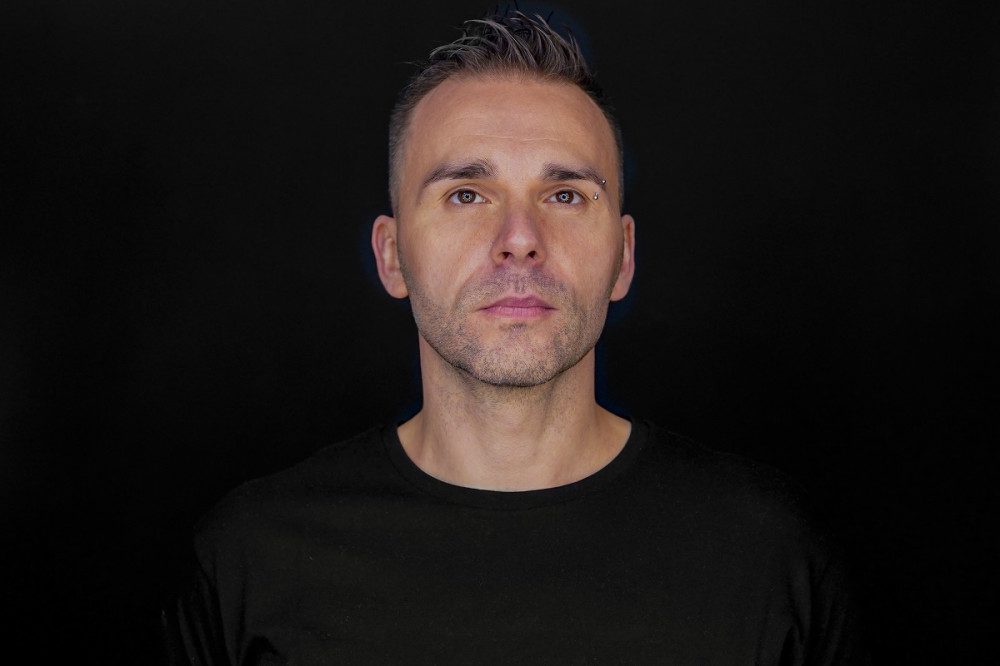Peg Luke’s latest single, “HALO,” offers a deeply personal and introspective exploration of faith, loss, and resilience. Known for her impressive range as both a flutist and composer, Luke’s music consistently marries classical elegance with a soulful energy. In “HALO,” she continues this tradition, crafting a piece that is as much about spiritual healing as it is about emotional transparency. The song’s gentle yet insistent melody provides a platform for Peg Luke ’s vocals, which express vulnerability and strength in equal measure. From the opening lines, “You’re my Halo / You’re my light when I think I’ve lost my way,” the song sets a tone of searching for divine guidance amidst the uncertainty and chaos of life.
What stands out in “HALO” is not its musical innovation, but its emotional honesty. Rather than relying on extravagant arrangements or overt production techniques, Luke focuses on simplicity—allowing the lyrics and her voice to carry the weight of the song. The song’s title, “HALO,” traditionally associated with divine protection, is repurposed by Luke to represent the lingering presence of both the divine and lost relationships. It reflects not just the comforting notion of spiritual light, but also the bittersweet emotional residue of past connections, whether from departed loved ones or relationships that have faded.
Peg Luke’s personal story further enriches the song’s themes. A rare autoimmune disease forced her to shift away from traditional live performances and embrace a more introspective, compositional approach to music. This experience of physical limitation has deeply influenced her work, and “HALO” stands as a testament to her strength and her faith. Rather than retreating in the face of adversity, Luke has used her situation as a gateway to explore deeper spiritual and emotional terrain through her music.
Though “HALO” may not appeal to listeners seeking innovation in form or genre, its impact is undeniable for those in search of solace or connection. It is a piece designed not to impress but to invite reflection—a quiet prayer that offers comfort and a sense of shared humanity in tumultuous times. Luke’s work remains grounded in her belief that music can be a form of ministry, offering hope and light in the darkest moments.




